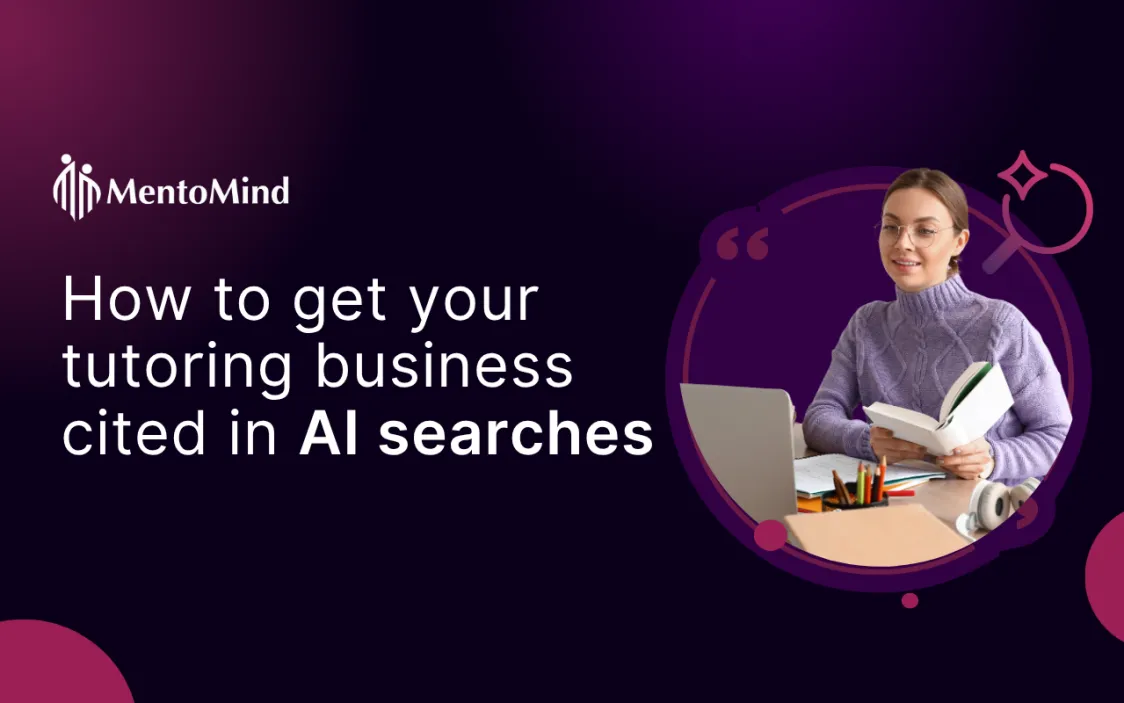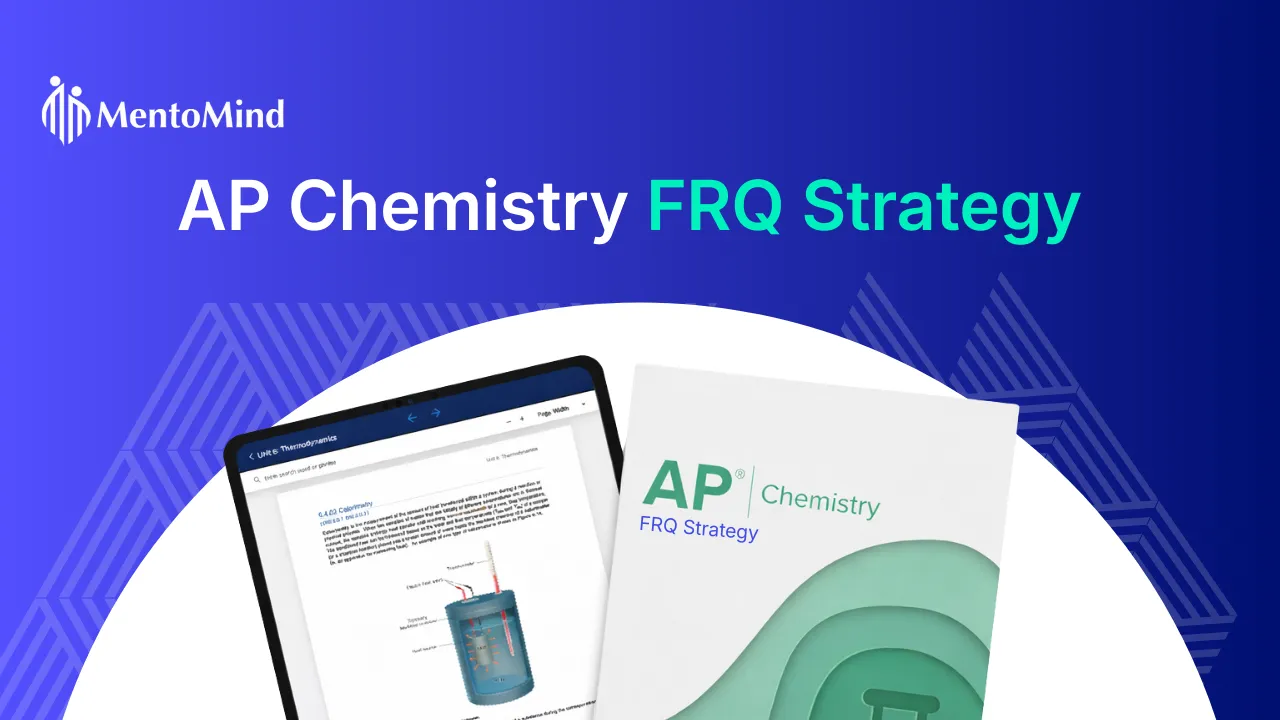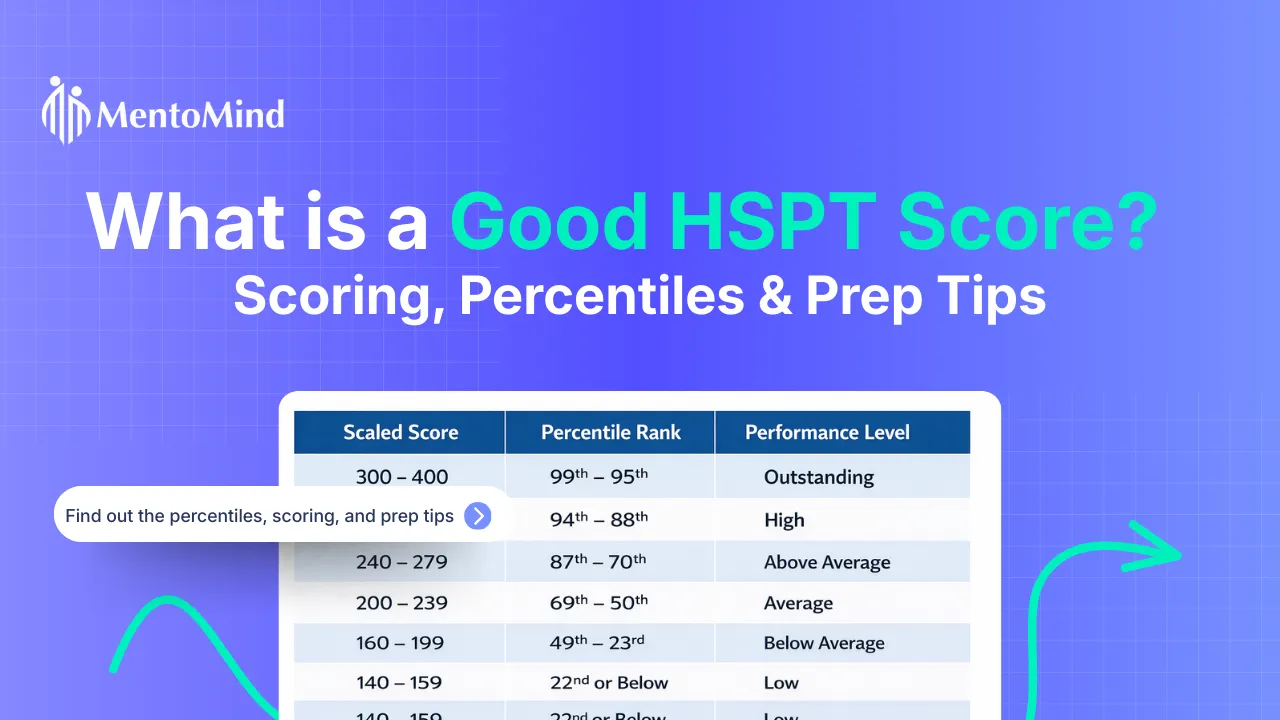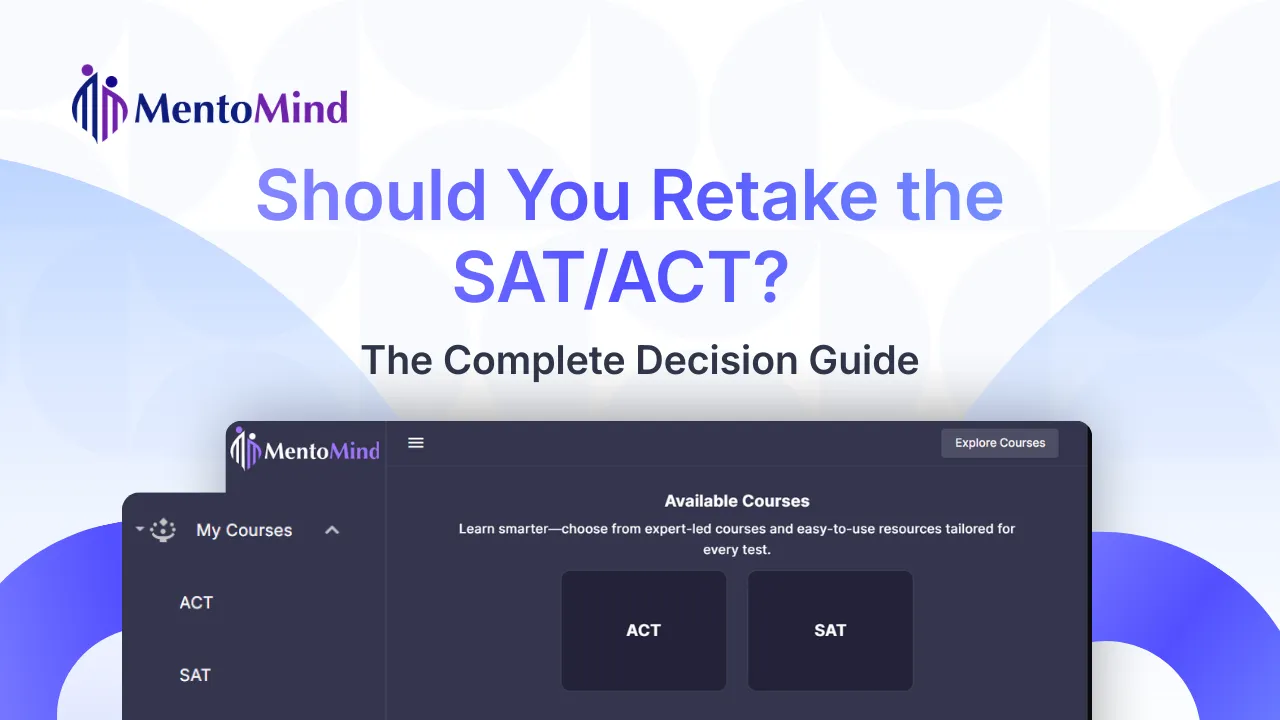The new frontier of visibility for SAT & ACT tutors
Let’s be real — parents and students aren’t just Googling “best SAT tutor near me” anymore. They’re asking ChatGPT, Perplexity, and Gemini for advice.
Questions like:
“Who’s the best SAT tutor for raising math scores fast?”
“How can I find ACT prep that feels personalized?”
These AI tools don’t just search — they answer. And those answers often cite real tutors, real websites, and real insights.
So, if you want your tutoring business to stand out in 2025 and beyond, your next big marketing goal isn’t just ranking on Google — it’s getting cited by AI.
Welcome to the world of Answer Engine Optimization (AEO).
What AEO Means for Tutors
Traditional SEO helps your website rank high on Google.
AEO, on the other hand, helps your name appear inside AI-generated answers.
When someone asks ChatGPT,
“Who are the best SAT tutors for one-on-one prep?”
AI models scan hundreds of sources, summarize key information, and — here’s the magic — link to the most credible ones.
If your content shows up as one of those citations, that’s free traffic, instant credibility, and powerful brand awareness.
And unlike traditional SEO, where big brands dominate, AEO is still open ground — meaning your tutoring company can break through early if your content is smartly structured.
Step 1: Think Like a Student (or Parent)
To get cited by AI, start where every search begins — a real question.
Forget generic topics like “SAT tutoring tips.”
Instead, create content around natural, student-style questions like:
- “How can I raise my SAT Reading score by 100 points in one month?”
- “Why do I lose time in ACT Math even when I know the answers?”
- “What’s the best online SAT tutor for busy high-schoolers?”
AI tools thrive on conversational queries — so write like you’re answering a question in a DM, not giving a lecture.
Each blog post, video, or resource page on your site should tackle one clear question and provide a complete, structured answer.
Step 2: Be Everywhere AI Looks
AI engines pull data from all over the web — not just your website. That’s why tutors who show up in multiple formats tend to get cited more.
Your AEO content mix could include:
- Blog posts on your tutoring site (like “How to boost SAT pacing using Desmos”)
- Short YouTube videos or Reels with teaching snippets
- Answers on Quora, Reddit, or Facebook groups
- Guest blogs or podcast interviews about test-prep strategies
Each of these touchpoints builds your digital footprint. The more credible appearances you have, the more likely AI tools will pick your content as a reference when crafting responses.
Step 3: Write for Both Humans and AI
AI tools prioritize content that’s clear, structured, and helpful.
Here’s how to make your tutoring content “AI-readable”:
- Use question-style headers like: “How can students manage time during ACT Reading?”
- Break content into short paragraphs with bullet points or numbered steps.
- Add real examples from your tutoring sessions (e.g., “Our students improved from 1180 to 1400 in 6 weeks using pacing drills”).
- End with a quick summary or action step.
- Include FAQs — AI engines often crawl them first.
Pro Tip: Add schema markup (like FAQ or How-To) to your website. It gives AI tools a structured understanding of your content — making it more citation-friendly.
Step 4: Build Authority in One Niche First
AI doesn’t just look for answers — it looks for trusted sources. If your site has strong, consistent content around SAT pacing, Desmos-based practice, or ACT grammar skills, you’ll start building “topical authority.”
That authority tells AI systems: “This tutor really knows this area.”
And once you’re recognized for one niche, expanding into others (like Reading or Science sections) becomes easier.
Start small. Dominate one topic. Then branch out.
Step 5: Video. Video. Video
Key for AEO growth? Posting on video platforms like YouTube.
SEO requires building domain authority which takes months/years to build. But for AEO, immediate wins are possible through any citation on YouTube, Reddit and blogs.
- You should be making videos for every variation of every question your potential customers (parents, students) might ask. Look through the kind of questions parents or students have asked before.
- Create simple, direct videos answering each question. These don’t need Hollywood production value; they just need to be helpful and easy to find.
- Publish them to YouTube, then track your traffic attribution to see whether people are finding these videos via AI search engines.
Step 6: Localize & Personalize Your Content
Even AI answers rely on context — and location matters.
Parents might ask:
“Who’s the best SAT tutor in Boston for high-achieving juniors?”
So make sure your content reflects your region and audience:
- Use city or school names in your posts.
- Share success stories from your local students.
- Write blog titles like “How our New Jersey students improved SAT scores by 150 points.”
- Keep a “For Parents” section that addresses decision-making pain points.
AI tools value content that feels personal and situational, not generic.
Step 7: Stay Consistent and Experiment Often
Getting cited in AI search results isn’t an overnight success — but the momentum builds quickly.
Keep publishing quality content weekly. Experiment with new formats like podcasts, transcripts, and short-form educational videos.
Watch what kinds of content get picked up in ChatGPT or Perplexity summaries (you can test it by prompting AI tools with your own topics).
Remember: the earlier you start building AEO habits, the easier it’ll be to stay visible as AI searches evolve.
The Bottom Line
If you’re an SAT or ACT tutor, you’re already in the business of giving clear, reliable answers — and that’s exactly what AI is trained to reward.
So, treat every blog post, video, or article as an opportunity to answer a real student’s question better than anyone else.
Because the next time someone asks ChatGPT,
“Who’s the best SAT tutor for personalized learning?”
Your name could be the one it cites.
If your tutoring company needs additional guidance on optimizing for AI visibility, please contact the MentoMind team for support.



